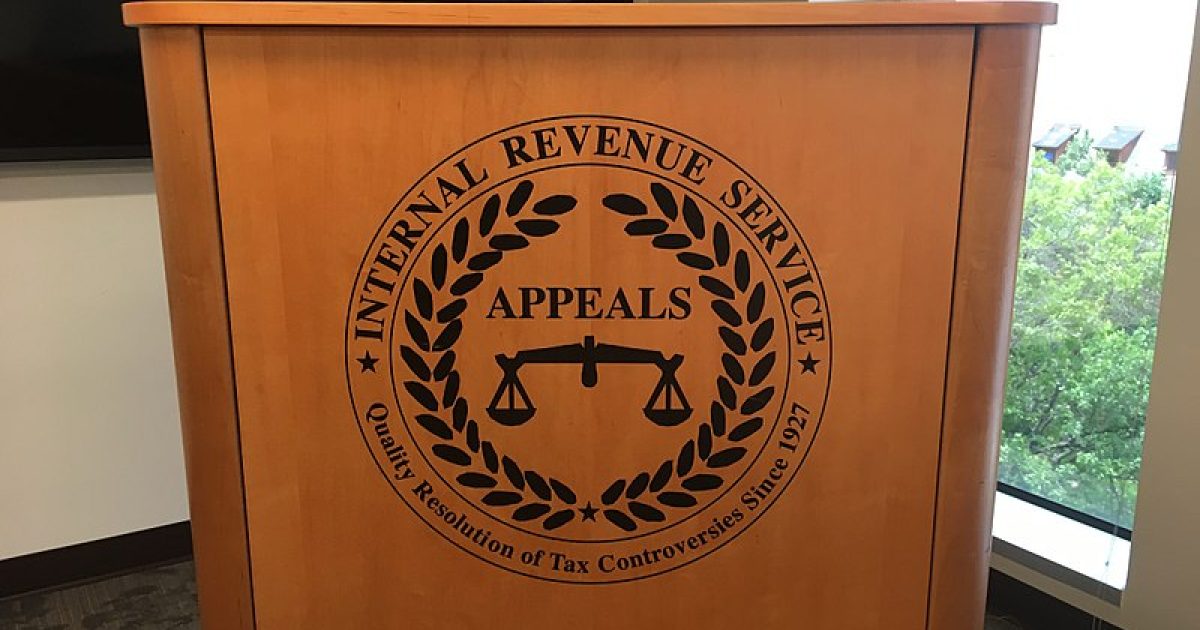
In 2012, the Internal Revenue Service seized $446,000 from the bank accounts of brothers Jeffrey, Richard, and Mitch Hirsch based on a claim that they violated legal source structuring law.
The owners of Bi-County Distributors Inc. made multiple bank deposits of less than $10,000, which landed them in hot water with the IRS.
They were never charged with a crime, nor did they receive a hearing to challenge this seizure. It was only after extensive media coverage and grassroots pushback that the government backed off and returned their funds.
This was one of many cases demonstrating the power of legal source structuring, a practice the IRS uses to harass taxpayers. Through the Bank Secrecy Act, legal source structuring is used to combat money laundering, which usually involves asset seizures.
On Monday, July 1, 2019, President Donald Trump signed a bill with bipartisan support that would force greater accountability on the IRS when dealing with property seizures, while also protecting taxpayers from identity theft, strengthening whistleblower protections, and modernizing the tax agency.
After signing the bill into law, Trump told reporters “We just finished signing, the important signing, of the Taxpayer First bill, the IRS Taxpayer First, which is a tremendous thing for our citizens having to deal with the IRS.”
He added, “It streamlines and so many other changes are made. That was just done and signed. It’s been made into law. So we are all set on that.”
Under this new law, the Taxpayer First Act, the IRS is required to show probable cause that smaller transactions were conducted to avoid financial reporting requirements.
Legal source structuring laws come into effect when larger financial transactions are divided into small transactions, which raises red flags with the IRS. If dividing the transactions up is done with the purpose of dodging bank reporting requirements, it is considered illegal, and the IRS is allowed to seize assets.
According to a 2017 audit from the Treasury Inspector General for Tax Administration, there was no evidence of crimes in 91 percent of the structuring cases reviewed in a sampling.
The Institute for Justice reported on the IRS’s extensive used of legal source structuring:
The IRS used the power in 2,500 cases between 2005 and 2012, gobbling up $242 million in assets, according to the Institute for Justice, a public interest legal group. Of those, one-third involved only allegations of structuring, and not other alleged wrongdoing, the institute found.
Trump signing this reform into law is good news. America’s tax system is oppressive to say the least and is both an inhibitor of economic growth and allows the government to harass peaceful individuals. Any measure that holds the IRS accountable is always welcome.



